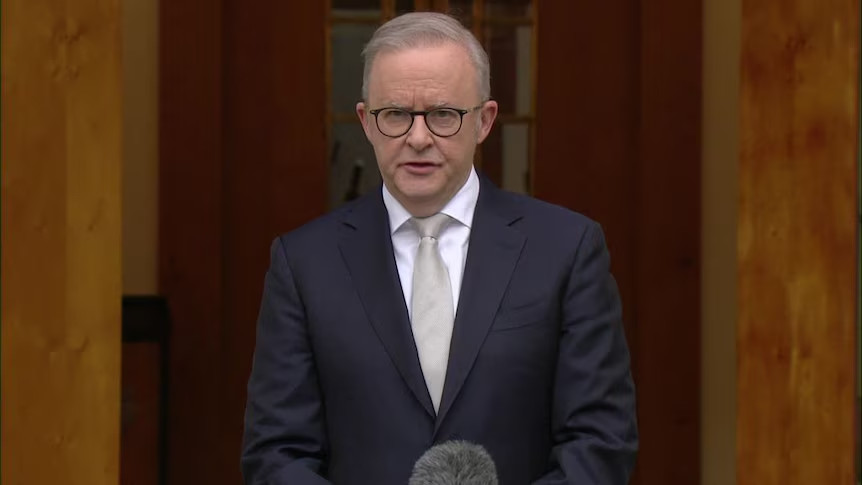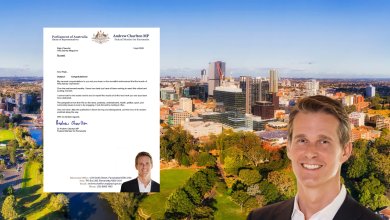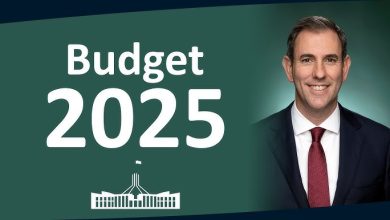
From the Sidelines to Centre Stage: The emergence of Young Australians and their impact in shaping politics in the Hills and Nationwide
Australia in 2025 is on the cusp of a generational political reset where not only Millennial, Generation Z are just shifting numbers, they are reshaping national conversations. From the volatile grounds of an upcoming federal election to the refined corners of suburban councils like the Hills Shire, young Australians are stepping out of margins and into the democratic mainstream. This is by no means a revolution in the traditional sense, but the data and its numbers do not lie: in 2025, for the first time, voters under 40 will make up nearly half of the national electorate, outnumbering Baby Boomers, which only account for approximately 33%, in every single state and territory.
A Changing Electorate: Demographic Power Rebalances
According to data from the Australian Bureau of Statistics, Millennials (born 1981–1996) and Generation Z (born 1997–2012) now outnumber Baby Boomers in every state and territory. Combined, they are projected to represent close to 48% of eligible voters in 2025, while Boomers account for approximately 33%.
This is accompanied by record enrolment figures, with the AEC reporting that more than 17.8 million Australians are now on the electoral roll, and enrolment among 18 to 24 year olds exceeds 90%: a remarkable increase from previous election cycles.
Far from being politically disengaged, this new generation of voters is highly issue-driven, politically literate, and increasingly assertive. What they care about, how they engage, andwhether they turn out will influence not just the shape of the next government, but the direction of Australian society for decades to come.
Substance Over Slogans: What Drives Young Voters?
While older generations may be motivated by party loyalty or traditional ideology, for many young Australians, political participation isn’t driven by ideology but by immediacy, by the tangible challenges they face in their daily lives. Top of the list: climate change, housing affordability, mental health, and the rising cost of living.
The Australian Youth Affairs Coalition notes that 72% of Australians aged 18 to 30 believe that government action on climate change is “urgent, ” with many expressing disillusionment at bipartisan failure to meet scientific benchmarks. Housing affordability is equally pressing, as younger voters struggle with rental pressures, delayed home ownership, and stagnant wages in high-cost urban centres.
Mental health has emerged as a defining political concern. Mission Australia’s 2023 Youth Survey found that 35% of respondents aged 15 to 19 cited mental health as the top national issue compared with just 9% in 2012. The correlation between economic uncertainty, climate anxiety, and personal wellbeing is well established within this cohort.
Crucially, this generation is not homogeneous. While progressive values dominate, there is also growing interest in independents and centrist micro-parties that offer solutions-oriented platforms and local credibility. Trust and authenticity, rather than ideology alone, are shaping electoral decisions.
More Than Just Voters: Young People in Power
Beyond casting ballots, young Australians are becoming decision-makers themselves. Across councils, party youth wings, and advocacy groups, Gen Z and younger Millennials are stepping into leadership roles.
South Australia has seen a noticeable uptick in councillors under 30, many of whom ran on platforms of transparency, local infrastructure reform, and sustainability. Some are balancing their roles with university studies or early careers. Others are lifelong locals frustrated by slow-moving governance. They bring with them not just lived experience, but often digital fluency and a collaborative approach to politics through social media giants including Instagram, X, and Tiktok.
At the federal level, youth representation remains rare, but not absent. The success of younger crossbenchers and community-backed candidates in recent years has signaled that age is no longer a disqualifier. In fact, many voters now see youth as an asset: a counterweight to cynicism, and a source of innovation in policy making.
Campaigns like “Make It 16, ” advocating for the voting age to be lowered, add further momentum to the argument that civic participation can, and should, start earlier. Supporters note that 16 and 17 year olds can pay tax, drive, and work full-time. Why shouldn’t they have a voice at the ballot box too?
The Hills Shire: A Case Study in Youth Engagement
Traditionally viewed as a politically conservative region, Sydney’s Hills Shire has not been immune to this generational shift. Local programs, such as the Sydney Hills Youth Ambassador Program, have given residents aged 15 to 24 a structured platform to contribute to civic life.
Current ambassadors, including Eva Pulvirenti and Deanna Stevens, have played active roles in representing youth interests on issues such as public safety, inclusive events, and environmental awareness. Their participation reflects a growing demand from young residents to have a direct stake in shaping the policies that affect their lives.
Beyond formal initiatives, youth engagement in the Hills includes participation in urban planning consultations, sustainability workshops, and community development forums. This reflects a broader trend: young people are increasingly engaging not just with issues, but with the systems that govern them and are willing to learn, and engage more.
The local council has increasingly recognised the value of this participation, not just as a symbolic gesture but as a meaningful step toward inclusive policy design. As the region grows and diversifies, tapping into youth perspectives may well become not just progressive policy, but practical governance.
The Next Chapter in Australian Democracy:
The increasing political involvement of Australia’s youth signifies a dynamic shift towards a more inclusive and representative democracy. As younger generations continue to assert their influence, both at the national level and within local communities like The Hills Shire, it becomes imperative for political institutions to adapt and respond to their evolving priorities. This engagement not only enriches the democratic process but also ensures that the voices shaping Australia’s future are as diverse as the nation itself as youth are no longer on the sidelines, they are the centrestage of democracy in 2025.





